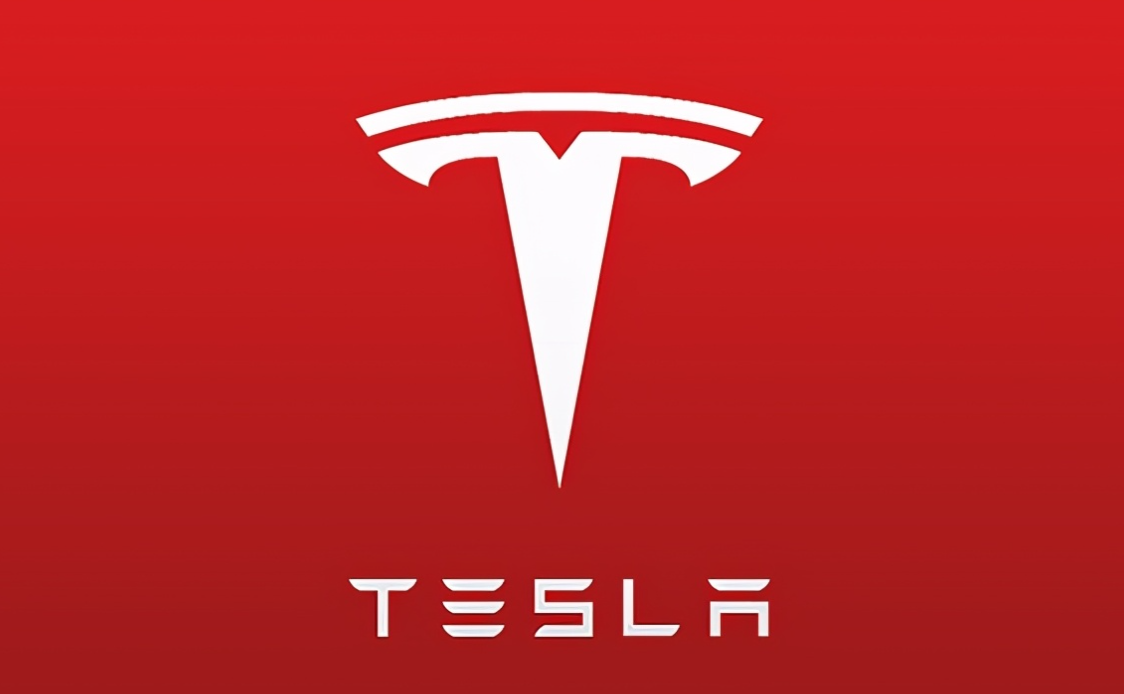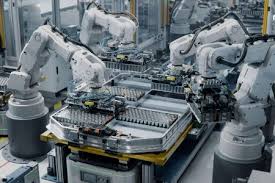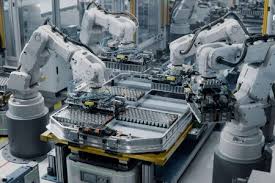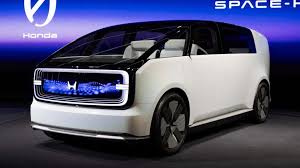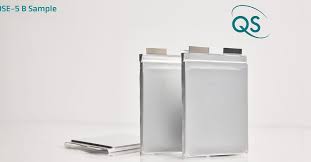The plan includes supporting India's battery storage capabilities with the US-based EV maker's "Powerwall" system, which stores power from solar panels or the grid for use during outages or nighttime.
This move is part of the brand's broader strategy to expand its presence in India beyond electric vehicles.
Tesla to support India's ambitious non-fossil fuel goals
India aims to increase its non-fossil fuel power capacity to 500GW by 2030, up from the current 186GW.
Despite improved electricity supplies, the country still faces peak-time shortages due to surging demand and reliance on coal-based power generation.
Last year, we experienced our worst power crisis in over six years, highlighting the need for more efficient and widespread storage technologies.
Powerwall is the right solution for India's energy needs
Tesla's Powerwall is a sleek, meter-high unit designed for residential and light commercial use.
The company is eager to find residential and industrial customers for its battery storage systems in India.
If the proposal is approved, Tesla could develop larger solutions for the industry.
However, Indian officials have emphasized that Tesla must work on reducing the cost of its battery storage products.
The government may offer subsidies to customers purchasing the Powerwall
Although Tesla sought incentives for setting up a battery storage factory, Indian officials stated these would not be available.
Instead, the government may offer subsidies to customers purchasing such products, creating a fair business model for Tesla.
In the US, Powerwall is eligible for federal tax credits and local state and utility incentives for solar and energy storage in the US.
With incentives, Powerwall costs over $5,500 (roughly Rs. 4.56 lakh) in California, plus additional costs for solar panels.
